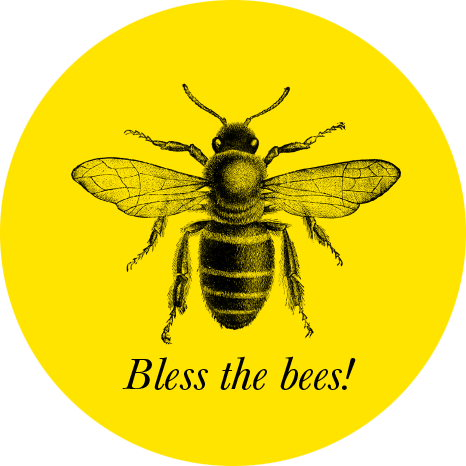
Wignalls Yallo is grown on a family-run Lancashire farm that’s been nursed lovingly back to life.
Once an unloved lot of agricultural land with dilapidated buildings, it’s been improved using sustainable farming methods. Local labourers provide support whenever needed and our oil seed rape is not only sown, grown and harvested on site, it’s also pressed into oil right here. This means there are no food miles notched up during the production process.
We believe in the minimum tillage soil conservation system. This means we do only the very minimum needed to the soil for successful crop production. It’s a method that doesn’t turn the soil over (like ploughing) so we get more worms which helps to improve the soil naturally. It also reduces our carbon footprint, because reduced machine hours working the land means less fuel is used.
Fields of green,
red and yallo too
We refuse to use any sprays containing neonicotinoids because they’re believed to contribute to the decline of bees. We’re a big supporter of these clever insects, both because of the important part they play in the ecosystem and since they’re very important in the pollination of our plants.

With this in mind, we grow six-metre strips of ‘bee nectar mix’ around the farm, which includes alsike clover, birds-foot trefoil, common vetch, red clover, sainfoin and yellow trefoil. This means that even when the oil seed rape plant has finished flowering, the bees have another good pollen source.

We recycle what wherever we can. When the oil is pressed from the seed, we’re left with a bi-product that’s made into pellets and sent to a local dairy, beef and sheep farm to feed the animals. We also collect rainwater from our building roofs, store it in large tanks and use it across the farm.

Landed Gently
Wignalls Yallo is grown on a Lancashire farm that’s been nursed lovingly back to life. Once a sorry looking lot of land, the earth has been improved using sustainable farming methods. These days, the whirring wings of the globally-threatened grey partridge are frequently seen and heard, a barn owl nests in an outbuilding and laughing lapwings and skylarks frolic in the farm’s thriving fields.
Yallo: From Toil to Oil
1.
August
We prepare the fields for the oil seed rape as soon as we’ve finished cutting the wheat. We work the land and sow (using our seed drill) usually middle to late August.
![]()
2.
Sept / Oct
The oil seed rape germinates and emerges within a week of sowing and grows rapidly until the weather becomes cold.
![]()
3.
April / May
The crop goes into flower at around the end of April until late May. It’s a spectacular sight – a sea of yellow as far as the eye can see.
![]()
4.
July / Aug
We combine the crop some time between late July and early August using our combine harvester. It’s then carted back to the grain store, dried in the drier and then put into a specific storage bay.
![]()
5.
Aug / Sept
The seeds are taken to the press room for pressing. It takes us about four continuous days to press a 1,000 litre batch of oil.
![]()
6.
Aug / Sept
It’s then filtered and bottled in a day, ready for delivery to the shops.

lo laughed the lapwing as the grey partridge played and the bee flew the ‘noon away





